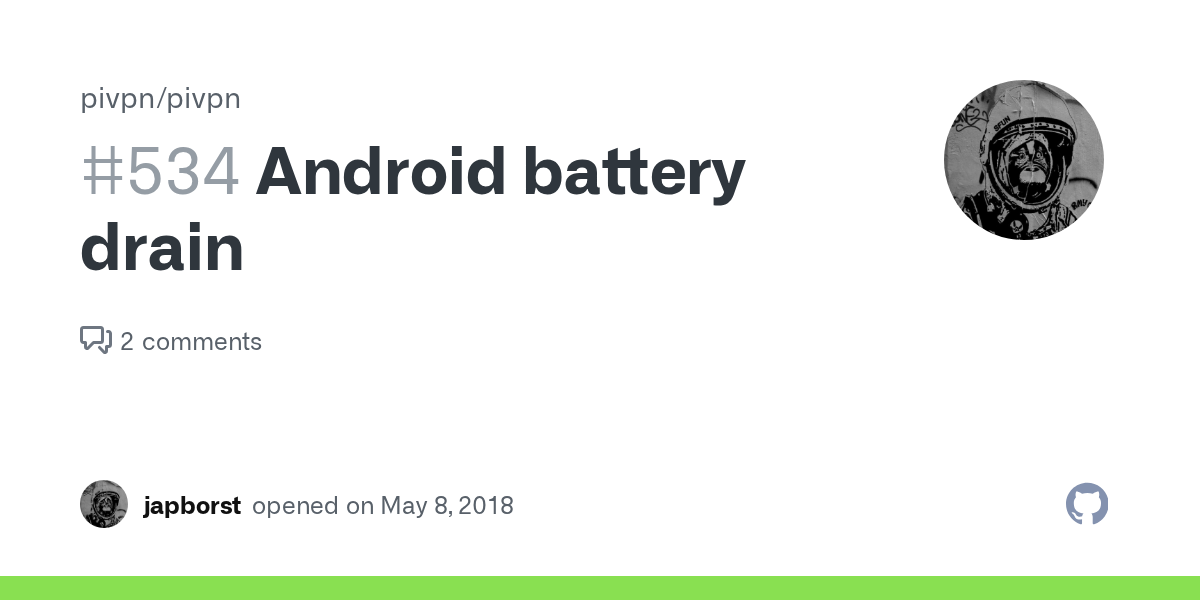octopus
Part of the Furniture
Its nothing to be fixed, its only show first time setup. Test with second server.I still have the same issue with Alpha3 but assume it's because it has not yet been fixed.
Its nothing to be fixed, its only show first time setup. Test with second server.I still have the same issue with Alpha3 but assume it's because it has not yet been fixed.
I still have the same issue with Alpha3 but assume it's because it has not yet been fixed.
After migrating to alpha 3 I reset server 1, set it to 2048 and then exported the client configuration. I'm still getting the same error when I try to connect. I don't think I did anything different when I had it working on 384.18 but it could be me missing a step.This is normal. Once the keypair is generated, there is no need to ask you which bit strength to use for generating it - it's already generated.
OpenVPN's implementation in Asuswrt-Merlin is a long story, but to make it short, the code I'm currently using was originally ported from Tomato with its original author's permission. That author retains licensing rights to that code (reusing that code is forbidden unless you obtain the author's permission, which I did obtain at the time).
After migrating to alpha 3 I reset server 1, set it to 2048 and then exported the client configuration. I'm still getting the same error when I try to connect. I don't think I did anything different when I had it working on 384.18 but it could be me missing a step.
Edit: A clean setup of server 2 works fine. Not sure what's wrong with server 1
I just wanted to get clarification on this. If the author modified OpenVPN (or utilizes OpenVPN in their code), under the GNU GPL V2 that OpenVPN was licensed under, the author of a modified version of licensed materials is not allowed to restrict or "forbid" the use of any code modified from licensed materials.
I think it is kind of important to make sure that the GNU GPL is upheld if that is the case, since that is the foundation of a lot of opensource software.
That makes sense. The original post made it sound like his implementation of OpenVPN is restricted, which would be against the GPL. Thanks for clarifying it is just the interface code that makes calls to openvpn.It's not the OpenVPN source code that was written/modified by Keith, it's the Tomato code that manages it (generate config files, firewall rules, stop/start instances, etc...)
That code is not bound to OpenVPN GPL's code in any way, and Tomato itself isn't GPL either, so it was able to exist with its own proprietary licence.
I wasn't able to tell when the code was first written by looking at Keith's page and repo listed below. Circa 2009 time frame?It's not the OpenVPN source code that was written/modified by Keith, it's the Tomato code that manages it (generate config files, firewall rules, stop/start instances, etc...)
That code is not bound to OpenVPN GPL's code in any way, and Tomato itself isn't GPL either, so it was able to exist with its own proprietary licence.
I wasn't able to tell when the code was first written by looking at Keith's page and repo listed below. Circa 2009 time frame?
I's using alpha 3 on an ax88 and things seem fine. I do have a question though. When I set policy rules, I get a DummyVPN? What is it's purpose - stability?
might be related to x3mRouting IPSET config on vpn client setup pageWhat's a "DummyVPN"?
https://github.com/Xentrk/x3mRouting/tree/master#dummyvpnWhat's a "DummyVPN"?
With a postconf script, se wiki for explain function.WIll there be a possibility in the web gui to modify the keepalive values?
This would be extremely helpful to manage battery drains in mobile devices, the default 15/60 is too strict.

Android battery drain · Issue #534 · pivpn/pivpn
PiVPN Issue Template Issue When connecting to the VPN using the OpenVPN app on Android, the battery drains quickly. This still happens when selecting the battery saving option. Increasing the keepa...github.com
Thank you.
It's for those who use the modified x3mRouting OpenVPN Client Screen for the selective routing of IPSET lists. Creating a “dummy” VPN Client entry is required if no routing rules exist for LAN clients and you need to exploit the Accept DNS Configuration=Exclusive feature. The appropriate DNSVPN iptables chain rules will only get created if the routing table isn't empty in the OpenVPN Client Screen. DummyVPNI's using alpha 3 on an ax88 and things seem fine. I do have a question though. When I set policy rules, I get a DummyVPN? What is it's purpose - stability?
We use essential cookies to make this site work, and optional cookies to enhance your experience.
